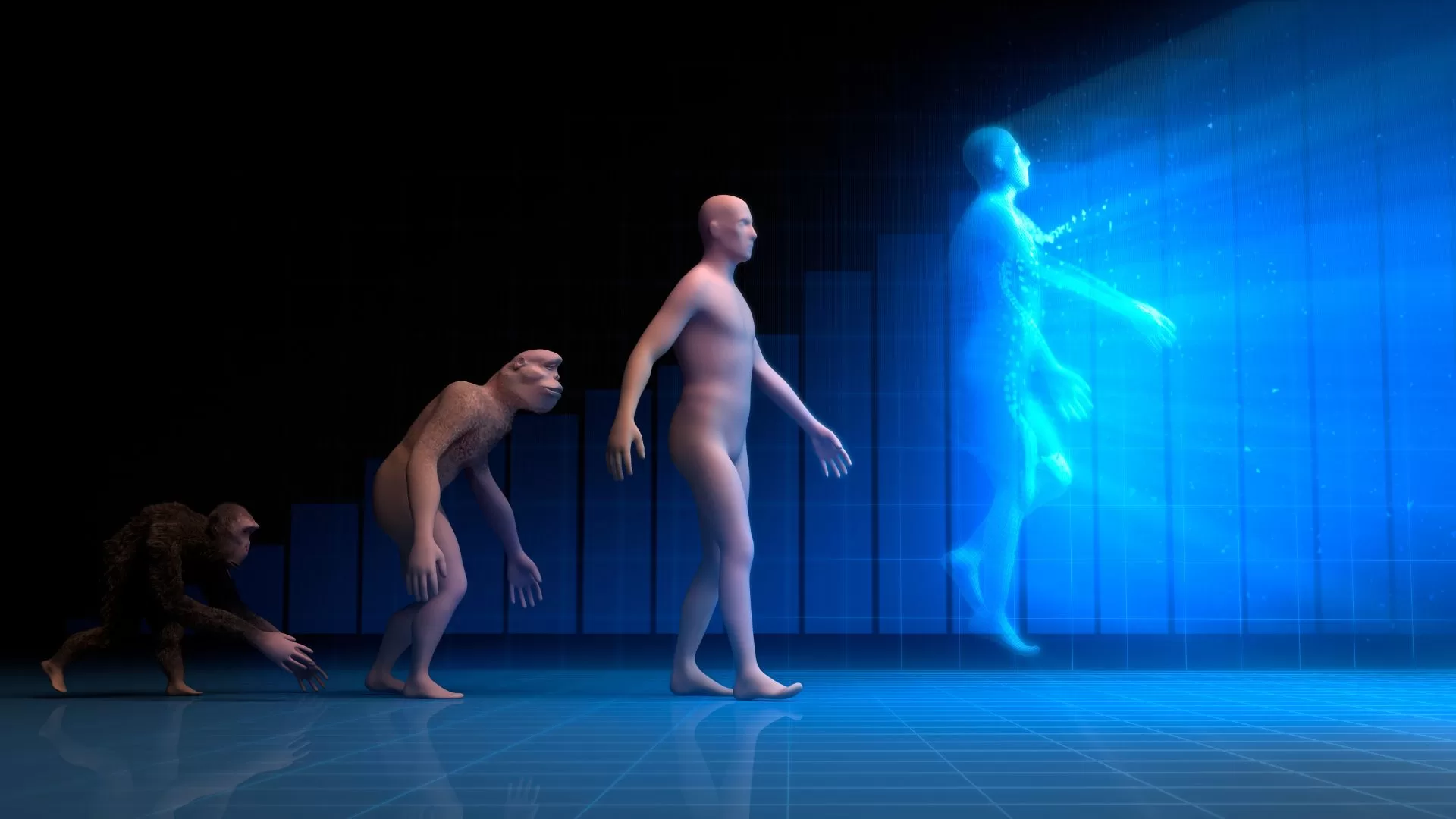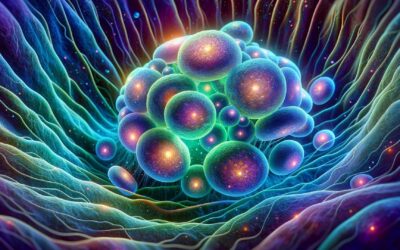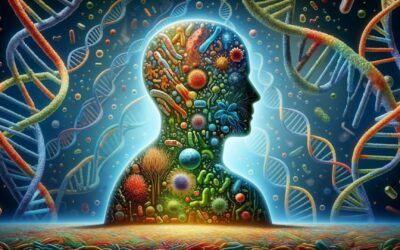Ever wondered why you can’t shake off that pesky common cold, or why your friend has an uncanny ability to digest milk while it wreaks havoc on your stomach? Welcome to the world of evolution and natural selection, nature’s own version of a reality show where the stakes are survival and adaptation.
Let’s break down these concepts, shall we?
Evolution is like a long, ongoing story of life on Earth, with each organism’s genetic makeup being the characters of this narrative. It’s not about a single individual evolving during their lifetime; rather, it’s about populations changing over generations. Think of it as a family passing down heirlooms, except these heirlooms are genes, and sometimes they come with surprising new twists.
Now, enter natural selection, the plot twist of our story. Proposed by Charles Darwin, it’s often dubbed as ‘survival of the fittest’, but let’s be real – it’s more ‘survival of the most adaptable. Natural selection is the process where organisms better adapted to their environment tend to survive and produce more offspring. This doesn’t necessarily mean the strongest or the fastest; it’s about how well an organism fits into its niche.
Picture a group of moths. In a forest with dark trees, darker moths are less visible to predators, so they survive longer and have more moth babies. Over time, the moth population becomes predominantly dark. This is natural selection in action.
Why is this important? Understanding natural selection helps us make sense of the world around us. It explains why bacteria become resistant to antibiotics – the few that survive the drug onslaught pass on their resistant traits. It’s like a bacterial arms race, and we’re scrambling to keep up.
It also sheds light on human evolution. Lactose tolerance is a great example. Originally, humans could only digest lactose, a sugar in milk, as children. But when dairy farming started, those who could digest milk as adults had a nutritional advantage and, you guessed it, passed this trait on. Now, many people can enjoy ice cream without a second thought – thanks to evolution.
Natural selection also plays a role in the diverse beauty of nature. It’s the reason for the stunning variety of bird beaks, the camouflage of a chameleon, and even the elaborate dance of a peacock. Every feature, behavior, or coloration that increases the chance of survival and reproduction gets a thumbs up from nature.
In a way, understanding evolution and natural selection is like understanding the rules of life on Earth. It helps us appreciate the complexity and interconnectedness of all living things and reminds us of our own place in this ever-evolving story. So, next time you’re marveling at the wonders of nature or pondering over a genetic trait, remember: it’s all part of the grand, intricate dance of evolution and natural selection.












0 Comments